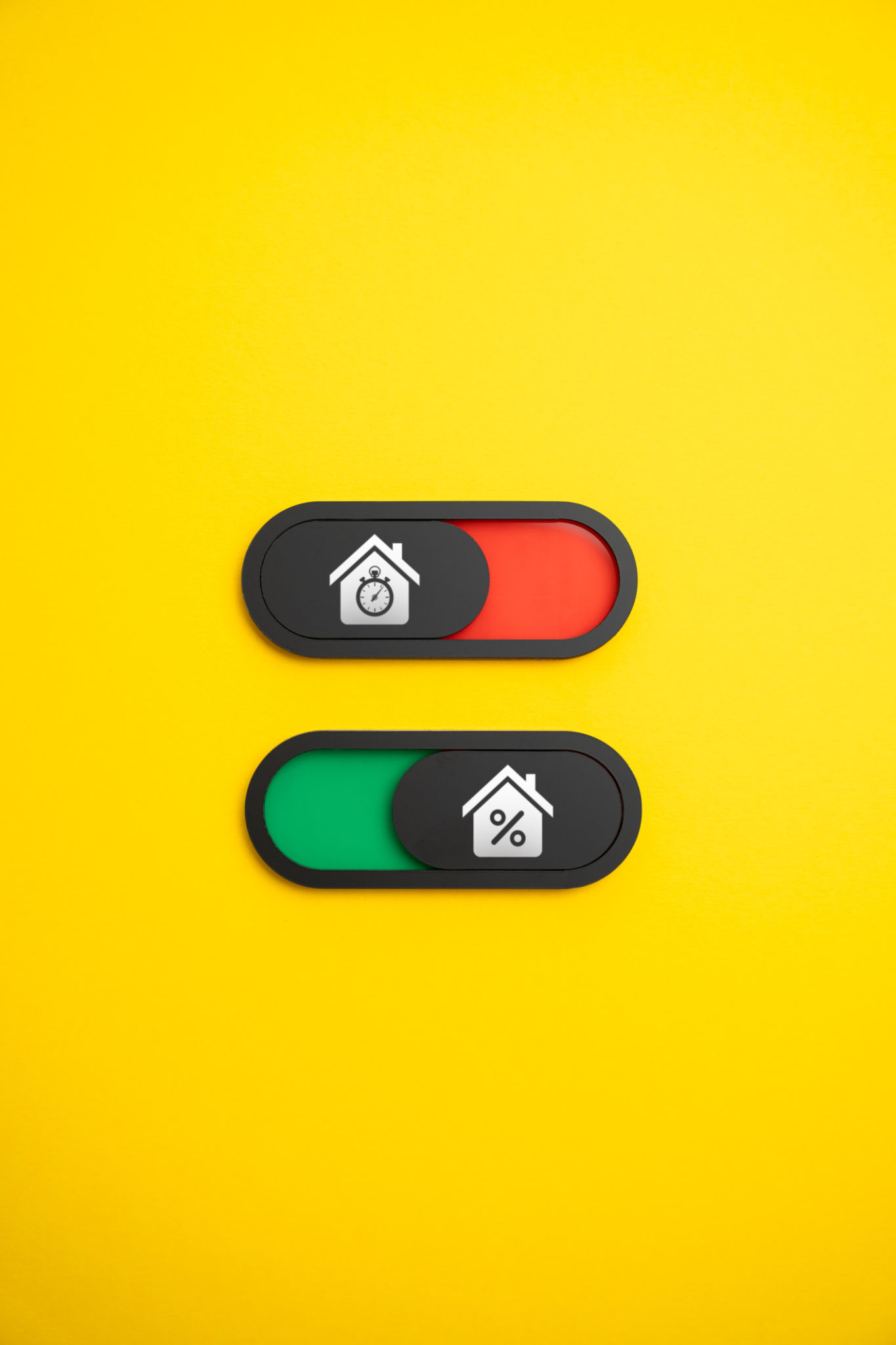How to Choose the Right Counselor for Your Needs in NJ
Understanding Your Needs
When considering counseling, it's essential to first understand your personal needs and goals. Are you looking for help with depression, anxiety, relationship issues, or something else? Having a clear idea of what you want to achieve can help you find a counselor who specializes in those areas. In New Jersey, there are many options, but narrowing down your specific needs is the first step to finding the right fit.

Researching Potential Counselors
Once you've identified your goals, it's time to research potential counselors. New Jersey offers a diverse pool of licensed professionals. You can start by asking for recommendations from friends or family, searching online directories, or checking with your insurance provider for a list of covered therapists. It's crucial to look at their qualifications and areas of expertise to ensure they align with your needs.
Consider reading reviews or testimonials from other clients. This can give you an insight into the counselor's approach and effectiveness. Don't hesitate to reach out and ask questions about their experience and methods. A good counselor will be open and willing to discuss their practice with you.

Evaluating Credentials and Experience
Credentials matter when choosing a counselor. In New Jersey, all practicing counselors must be licensed. Look for designations like Licensed Professional Counselor (LPC) or Licensed Clinical Social Worker (LCSW). These titles indicate that the counselor has met the necessary educational and professional requirements.
Experience is also a significant factor. Consider how long they have been practicing and whether they have experience dealing with issues similar to yours. A counselor with extensive experience in your area of concern can provide more targeted and effective support.

Considering Logistics
Logistics play a crucial role in your counseling journey. Consider factors like location, availability, and cost. Choose a counselor whose office is conveniently located to minimize travel time and stress. Also, check their availability to ensure it aligns with your schedule. Some counselors offer evening or weekend sessions, which might be more convenient for you.
Cost is another consideration. Counseling fees can vary widely, so check whether the counselor accepts your insurance or offers sliding scale fees based on income. Being clear about costs upfront can prevent any financial surprises down the line.
Initial Consultation
Before committing to a counselor, consider scheduling an initial consultation. This session is an opportunity for you to gauge whether you feel comfortable with the counselor's style and approach. Pay attention to how well they listen and whether they seem genuinely interested in helping you. Trust and rapport are critical components of effective counseling.

Trust Your Instincts
Your intuition plays a significant role in choosing the right counselor. If something doesn't feel right during your initial meetings, it might be worth exploring other options. You should feel comfortable and safe with your counselor as this environment is crucial for open communication and progress.
Remember, finding the right counselor can take time, but it is worth the effort. The right match can lead to profound personal growth and healing.
